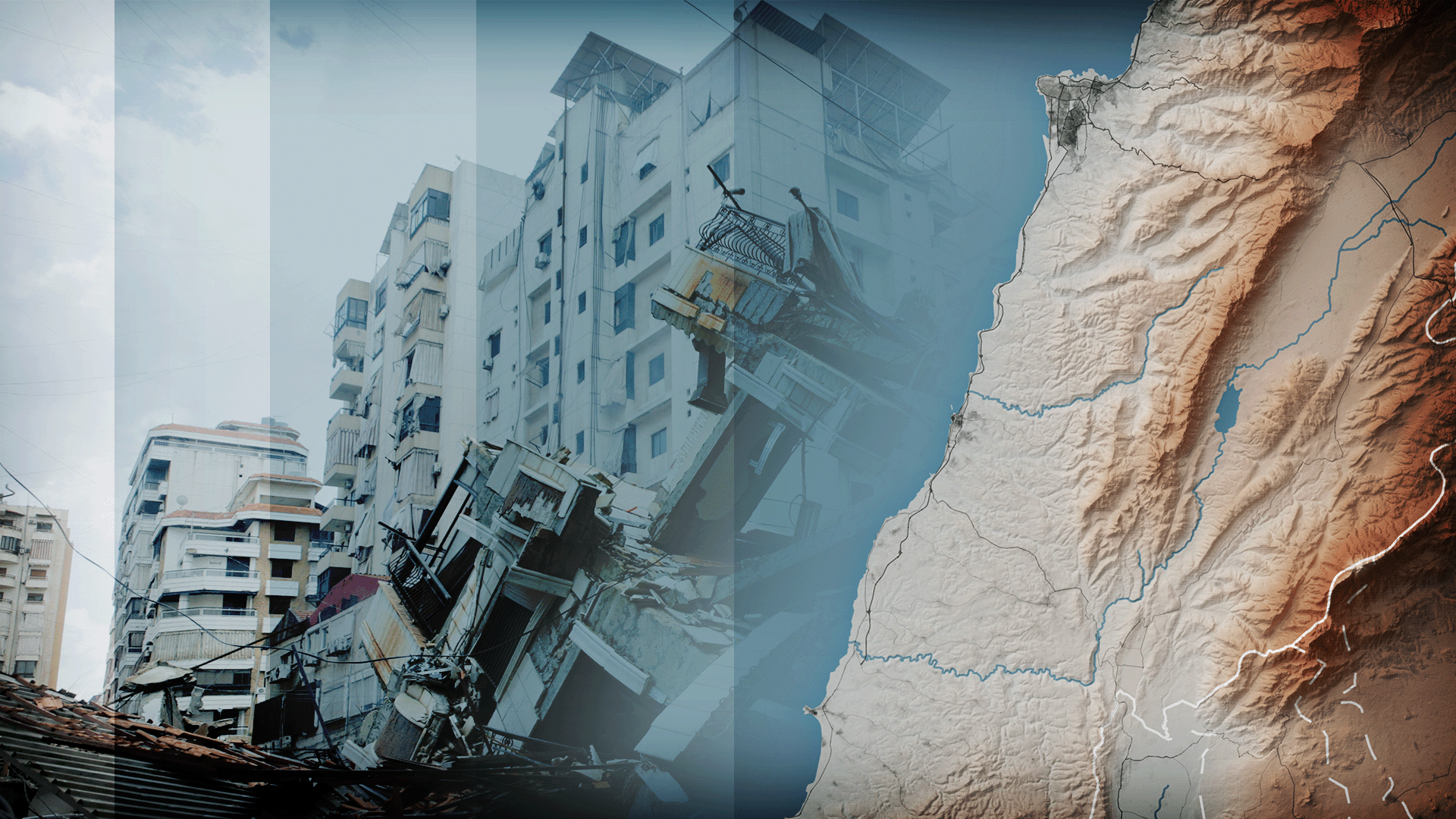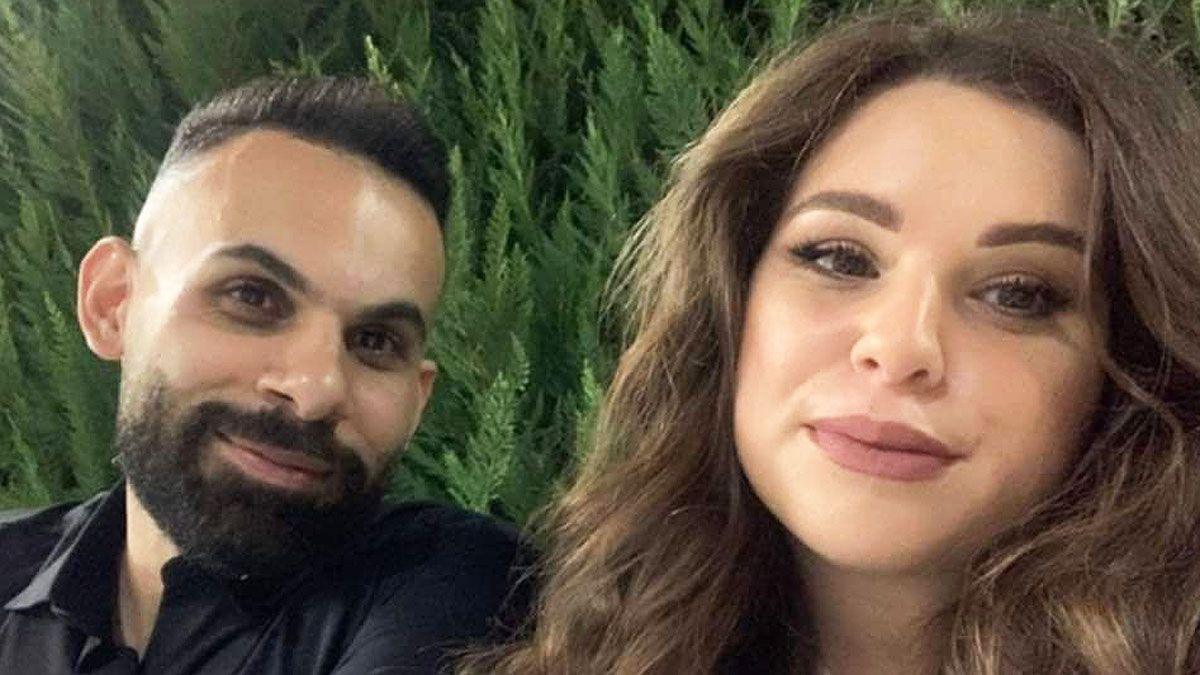Lebanon says 22 killed by Israeli forces after withdrawal deadline missed
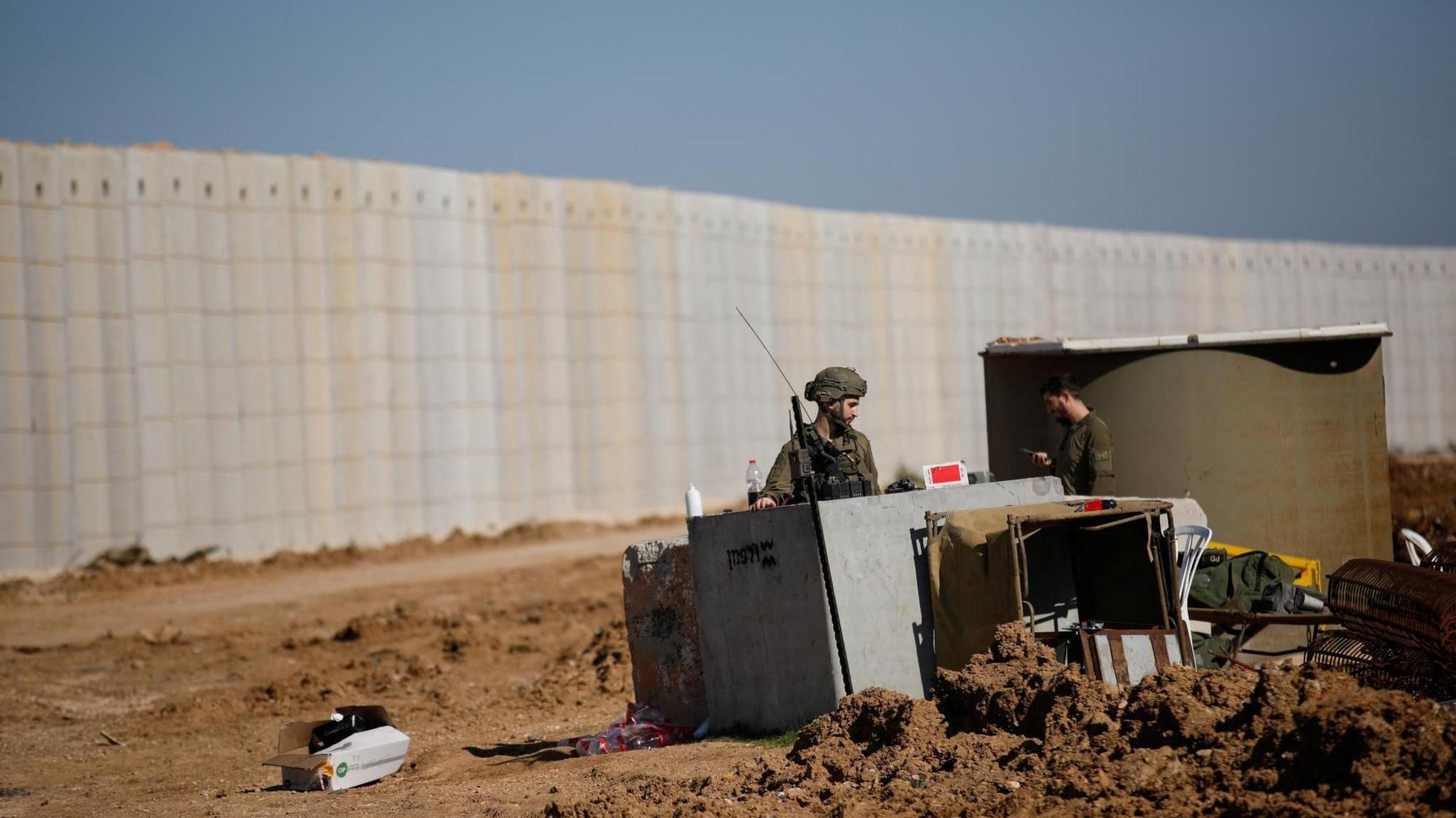
- Published
Israeli soldiers have killed 22 people and wounded 124 in southern Lebanon, the health ministry says, as the Israeli military remained deployed past a deadline for their withdrawal and Hezbollah's removal from the area.
Thousands of residents returned to towns and villages near the border, despite warnings that the region was unsafe.
The Israeli military said it had fired "warning shots in multiple areas", without specifying if people had been hit, and apprehended several people it claimed posed an "imminent threat".
Israel said the 60-day ceasefire agreement with Hezbollah had not been fully implemented. It is not clear how many of its soldiers are still in Lebanon or how long they would stay.
The ceasefire came into force in November.
Lebanon's health ministry said Israeli forces attacked people as they tried to enter locations that were still under occupation. Women were among the dead, it said, while the injured also included women, children and a paramedic.
The Lebanese army said one of its soldiers had been killed and another wounded by Israeli fire.
The ceasefire deal, which was brokered by the US and France and put an end to 14 months of conflict, stipulated the withdrawal of Israeli troops and the removal of Hezbollah fighters and weapons from southern Lebanon. At the same time, thousands of Lebanese soldiers were expected to be deployed to the area where, for decades, Hezbollah has been the dominant force.
A Western diplomatic official familiar with the negotiations, who spoke on the condition of anonymity, said Israel had said it needed more time to destroy Hezbollah's infrastructure in southern Lebanon, and that the initial plan was for a 30-day extension.
In recent days, Hezbollah's TV station Al Manar appeared to encourage people to return south and, in some places, convoys arrived waving the yellow and green flag of the group.
The passing of the ceasefire deadline is the first major test for the new Lebanese president, army chief Joseph Aoun, who is keen to bring stability to a country exhausted by multiple crises.
The presence of Israeli troops will be seen as a source of concern for many in Lebanon as Israel occupied the country's south for 18 years, between 1982 and 2000. In a statement on Sunday, President Aoun said Lebanon's "sovereignty and territorial integrity are non-negotiable", adding that he was "following this issue at the highest levels".
Meanwhile, Hezbollah called on the "international community, led by countries sponsoring agreement, to assume their responsibilities in face of Israeli violations and to oblige its complete withdrawal" from Lebanon.
The conflict escalated last September, leading to an intense Israeli air campaign across Lebanon, the assassination of Hezbollah's senior leaders and a ground invasion of southern Lebanon. The offensive killed around 4,000 people in Lebanon - including many civilians - and led to the displacement of more than 1.2 million residents.
On Friday, the office of the Israeli prime minister said the withdrawal outlined in the ceasefire was "conditioned on the Lebanese army deploying in southern Lebanon and fully and effectively enforcing the agreement, while Hezbollah withdraws beyond the Litani", a river about 30km (20 miles) from the unofficial border between Lebanon and Israel known as the Blue Line.
"Since the ceasefire agreement has yet to be fully enforced by the Lebanese state, the gradual withdrawal process will continue, in full coordination with the US," the statement said.
What we know about Israel-Hezbollah ceasefire deal
- Published27 November 2024
The Lebanon ceasefire is a respite, not a solution for the Middle East
- Published27 November 2024
Questions over Hezbollah's future after ceasefire
- Published26 November 2024
In a statement on Saturday, the Lebanese army said it continued to "implement the plan to enhance deployment" in areas along the border, but that there had been "delays in some stages due to the Israeli enemy's procrastination in withdrawing, complicating the army's deployment mission".
Hezbollah, an Iranian-backed militant, political and social movement, was severely weakened in the conflict with Israel, although it continues to enjoy significant support among Shia Muslims in Lebanon.
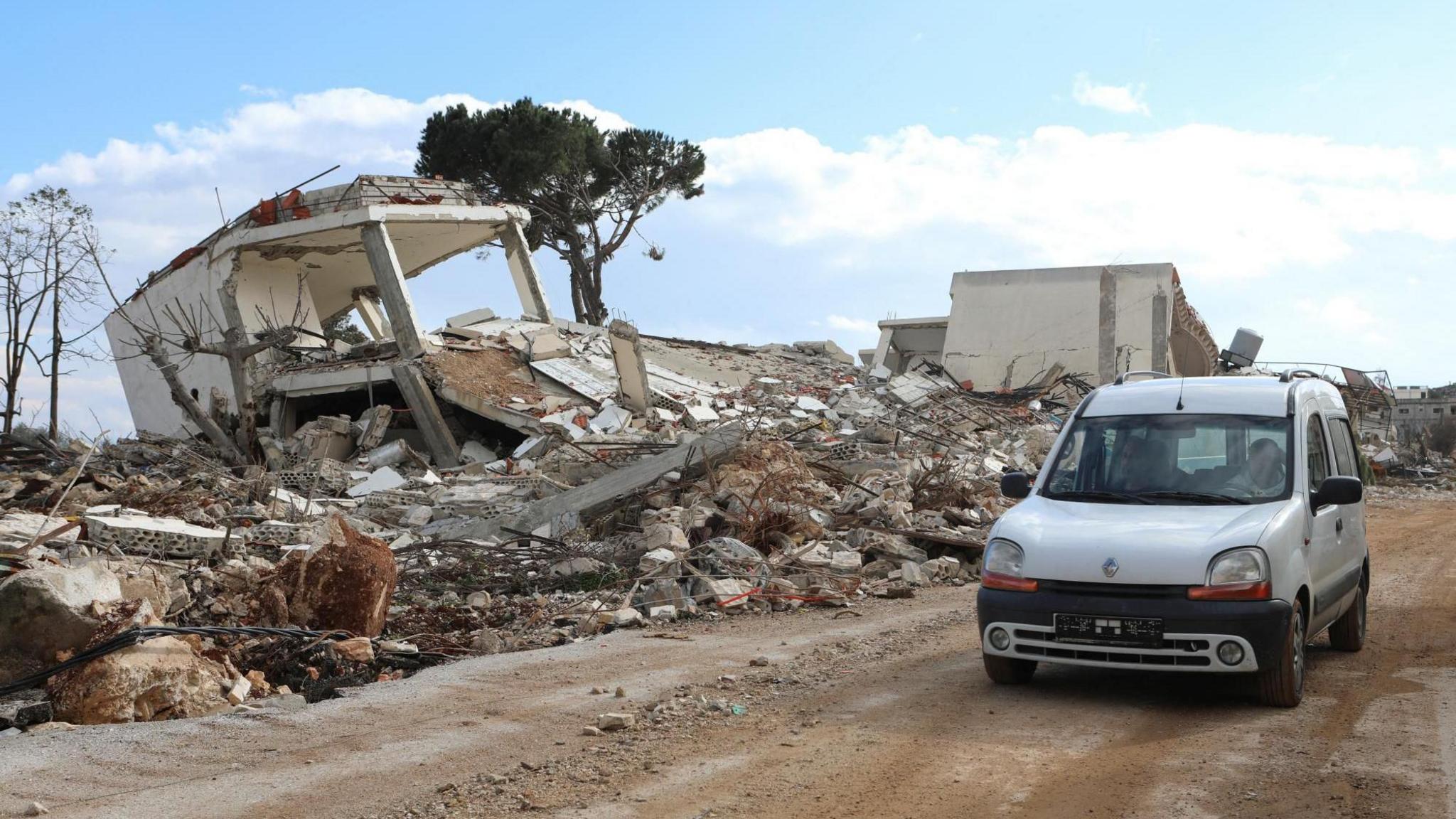
The ceasefire deal was widely considered as a surrender by the group, after it saw its infrastructure and weapons arsenal depleted and hundreds of fighters and key figures killed, including long-time leader Hassan Nasrallah.
Despite some violations before the withdrawal deadline, the truce put an end to the violence which caused billions of dollars in destruction and damage, allowing thousands of residents to return to their homes in Lebanon.
If it decides to resume its attacks, Hezbollah will face opposition from critics, who had accused the group of dragging Lebanon into a war that was not in the country's interests, and possibly even from some of its own supporters.
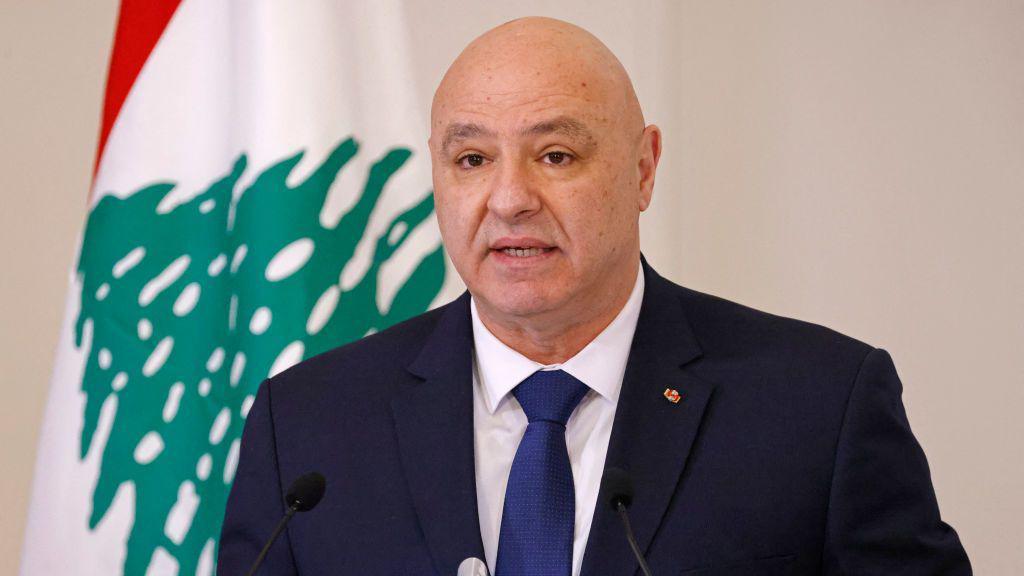
Lebanon's new president Joseph Aoun has promised a series of ambitious reforms to the state.
Hezbollah's political influence has diminished, too.
Earlier this month, Lebanon's parliament was able to elect a president after more than two years of political impasse blamed by critics on the group.
President Aoun has promised ambitious reforms to rebuild state institutions long plagued by corruption, revive the collapsed economy after years of crisis, and the right to monopolise the possession of weapons, which would mean trying to curb Hezbollah's military power.
It remains unclear whether the army is able - and willing - to do so, amid concerns that any action against the group could spark internal violence.
Israel's stated goal in its war against Hezbollah was to allow the return of about 60,000 residents who had been displaced from communities in the country's north because of the group's attacks, and to remove it from areas along the border.
Hezbollah launched its campaign the day after the Hamas attacks on southern Israel on 7 October 2023, saying it was acting in solidarity with Palestinians in Gaza.
Related topics
- Published27 November 2024

- Published27 November 2024
